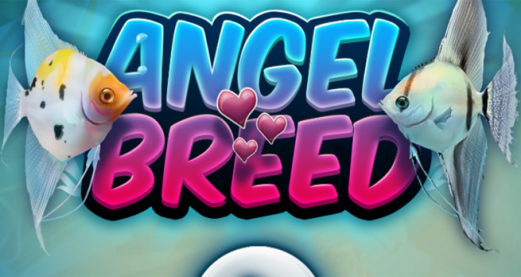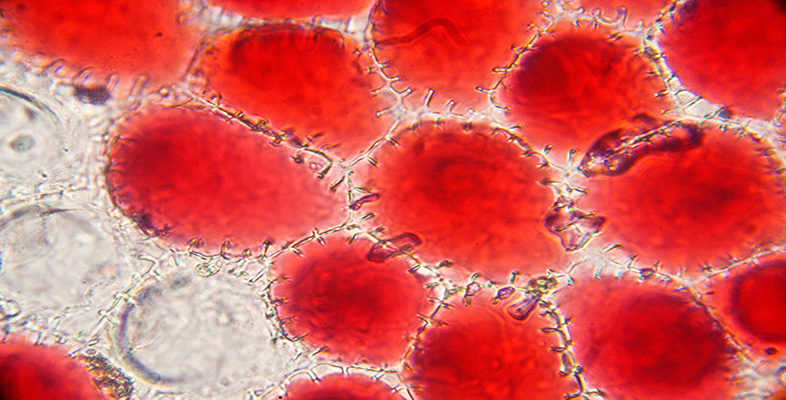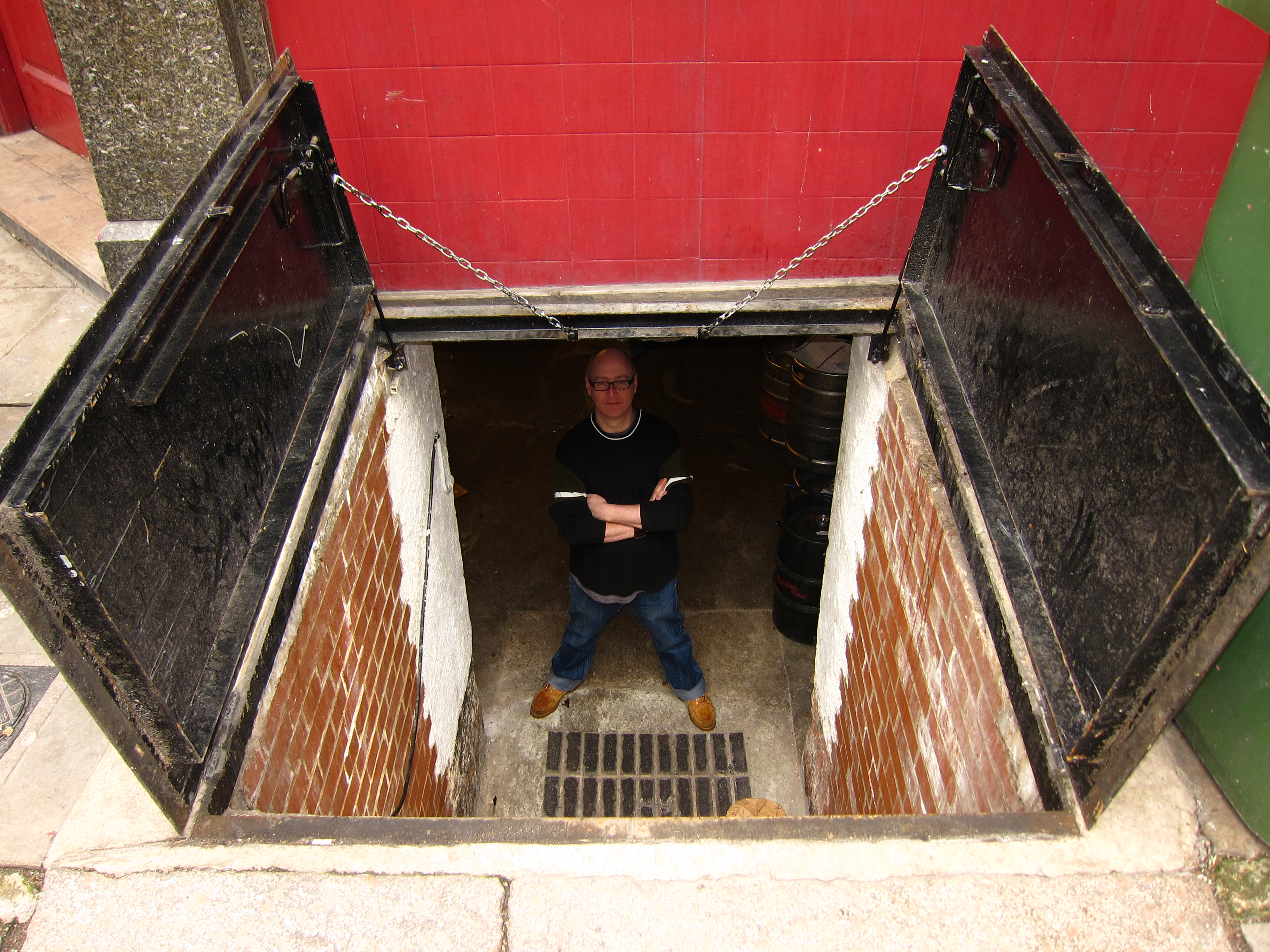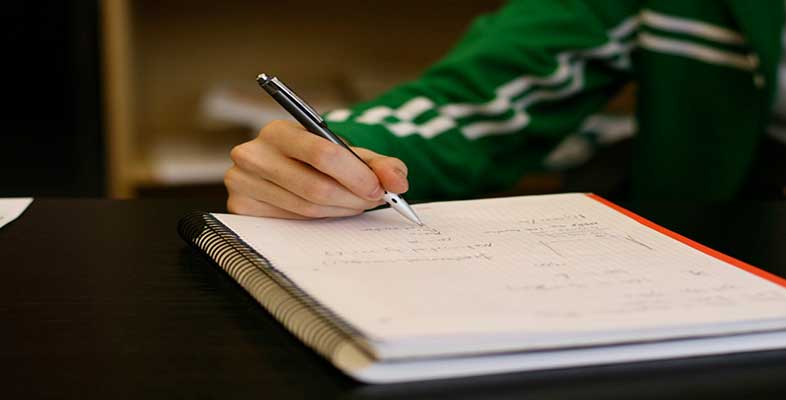Resources and preparation for your free course

Start thinking like a scientist by carrying out experiments at home and making scientific observations. In our free course, Basic Science: Understanding, you will develop important science-based skills including observation, record-keeping, data analysis and how to control an experiment. All you need are a few items you would find in a typical kitchen!
Whether you are taking or want to register on this Basic Science: Understanding experiments course on Futurelearn or you would like to view a variety of related content on OpenLearn, we've got a range of articles, videos, podcasts and more free courses to support your learning and give you a wider perspective on this fascinating subject.
Before you start
Haven't studied in a while? Before you start this course you may want to brush up on your Maths, English or Study Skills with our free courses.
Study qualifications and courses with The Open University
The Open University offers a large range of science courses, degrees and other qualifications. Take a look at our prospectus to find out more about these. To find out more about our range of short courses, starting from just £160, visit our short courses page.
Don't miss out
- If you use our free courses sign up for a free OU account to track your progress and gain recognition for your learning.
- Subscribe to our newsletter and stay in touch with what's new in the world of free courses and other free educational material produced by The Open University.






Rate and Review
Rate this article
Review this article
Log into OpenLearn to leave reviews and join in the conversation.
Article reviews